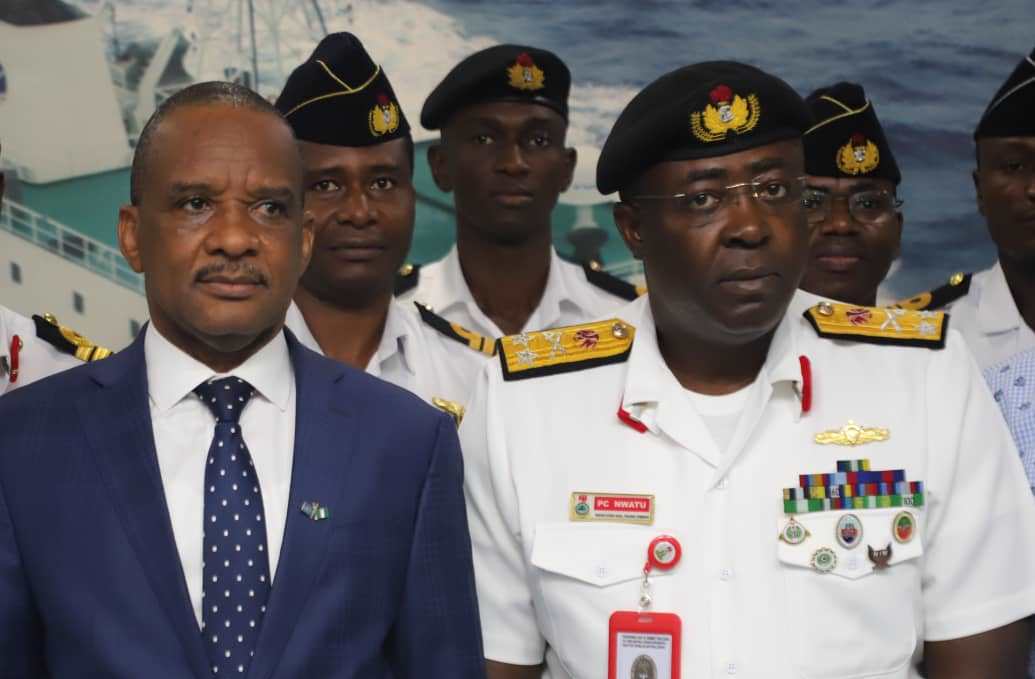There are serious indications that Ghana, with less number of both local and international airports are ahead of Nigeria in the control of aviation hub in the sub-region.
Nigeria currently sits at the trigger point of the continent and the shortcut (about six-hour travel time) to the rest of the world. With 170 million plus population, internal movement of about 15 million passengers (just eight per cent of the population) is second highest after South Africa. Besides, no other country can boast of eight local carriers like Nigeria, airports as many as 26 scattered across the country and being the sixth largest producer of crude oil (for JetA1) in the world.
Besides, Nigeria commands many advantages to compete with established African hubs like Johannesburg (South Africa), Nairobi (Kenya) and Addis Ababa (Ethiopia) for the African air travel market.
Findings show that several airlines operating on the West African coast find aviation fuel in Accra cheaper. South African Airways, for instance, now routes through the airport for direct flights to Dallas and Washington, in the United States. Meanwhile, on board these flights are over 50 per cent passengers from Nigeria.
No doubt, the comparative advantages Nigeria has over Ghana in terms of passenger traffic, local airlines and infrastructure, among others are many, but there are serious fears that the dormant state of the Nigerian aviation sector would adversely affect the economy.
The indications are very clear; that Ghana is making more progress and even appears to be leading in the race for the aviation hub in the West African region with specific policies that are attracting more international airlines to Kotoka International Airport in Accra.
According to the Chairman of the Airline Operators of Nigeria (AON), Capt. Nogie Meggison, “there was no doubt about the huge potential at the disposal of the country, but this would continue to be potential until Federal Government comes up with a deliberate economic policy to help grow the aviation subsector”.
“There is an urgent need for a deliberate economic policy that will eliminate the many challenges that adversely affect the sector in a bid to guarantee survival of domestic airlines in the country and to make Nigeria the hub for Africa.
“Following the air crashes of 2005/06, the Federal Government came up with a policy to ensure air safety in Nigeria. As a result of that singular action, today Nigeria has an excellent safety record of 93 per cent between 2006 and 2017. The country also secured the Category 1 Status and most of the scheduled airlines are currently IOSA-certified as a strong testimony of the country’s commitment to air safety.
“However, safety and economic policy go hand-in-hand. Where there is no financial profit for airlines, safety would be compromised. A clear economic policy for the survival of domestic airlines is very critical at this time. Absence of it has resulted over the years in the death of over 25 airlines in 30 years. Safety and financial economic policy must go hand-in-hand; as airline investors are in the business of aviation for the profit and can’t make profit without safety or have a safe airline without profit,” he said.
Industry observers argue that Nigerian airline operators could compete on the regional and international fronts but the needed enabling environment that specifically addresses the crippling effect of multiple taxation, VAT and navigation aids, among others must be addressed by the federal government.
Additional findings by Business Hilights show that the impacts of the recent Executive Orders and claims of lifting ease of doing business in the Nigerian aviation sector remain on papers.
According to their recommendations, there are needs to among other things, remove of VAT; review of the five per cent Ticket Sales Charge (TSC) to a flat rate (in line with the global best practice); and harmonisation of over 35 multiple charges which add a huge burden on airlines.
Experts also called for upgrade of current poor state of navigational and landing aids that limit operations to daylight for most; high cost and epileptic supply of JetA1; obsolete infrastructure that hamper the ease of doing business; and lack of consultations with airlines before the introduction of new charges and policies, among others.









